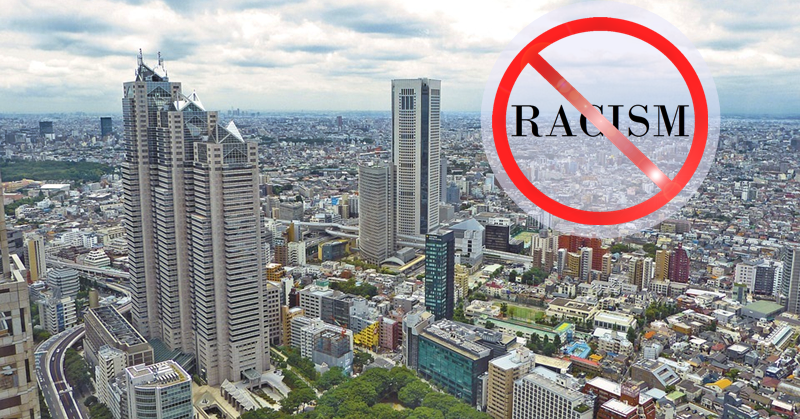Assimilating in a different culture when living abroad isn’t everything OFWs have to deal with. Sure, even if we’re willing and open to adapt to a foreign society such as Japan, we can’t be too sure that it’s going to be the same attitude other nationalities would have towards this process, especially if you’re planning to work in Japan that is opening to expats starting next year.
Whether we admit it or not, racism still exists even in this day and age. And it may also come in varying forms, so if we are not careful to spot them early on, we might find ourselves in situations of abuse and difficulty, especially at work.
How OFWs Should Deal with Racism
Firstly, let us define what racism is. Racism is a kind of discrimination and prejudice based on a person’s race or skin colour. There are plenty of areas where racial discrimination may occur, most especially in the workplace.
In this post, we will share some key pointers on how to deal with and manage situations where racism or discrimination is imminent:
- Respect Yourself
Carrying yourself as a respectable and independent person even when you are away from home is the best attitude you can develop as an overseas Filipino worker. If people see you as someone who values his/her worth, they’d think twice about flooring you with puny racial slurs that are obviously low and unfounded.
- Be Assertive
If you know your rights as a foreign national and as a legal employee no matter where you are in the world, you can always bank on your merits and find your place wherever you may be working. It also helps if you get rid of the colonial mentality, thinking that other nationalities are far better than you. If you understand that you deserve to be working in a position equal or even above other people, then others can’t hold on to their racial biases and they will simply have to accept the fact that you’ve earned your spot and that’s going to stay that way.
- Count to Ten
Demeaning and unfounded are most racial slurs to be thrown by some people, and while we can’t always ignore them, we can always decide how to carry ourselves in such situations. And one good way to do so is to take some time to compose one’s thoughts rather than retaliating with harsh responses.
- Respond in a Positive and Non-threatening Manner.
Even if someone throws racial slurs at you, try not to get emotional about it. Instead, try to be positive and take the opportunity to educate the other person. If you can find common ground and talk about what the real issue is, then you might even come out of the situation with a new friend (maybe). If the other person understands that discriminating through one’s skin colour is a negative behaviour, then he/she might start to think twice next time to find the opportunity to do it again.
- Seek a Support Group.
If things don’t let up, even if you try your very best to handle it positively, it could help to know that others have been in the same situation as you, and that they totally understand where you’re coming from. Good thing for us Filipinos, there’s just about a kababayan in every corner of the world. Try to build communities with these people and let them serve as your support group when things get more challenging.
- Focus on your Job/Strengths
Sometimes, the best way to assert yourself is to simply be the best at what you do so that others will look at our work rather than the colour of your skin. Use your work as a way to communicate the type of individual that you are, beyond your racial affiliation and skill colour.
- Report this Case to Authorities
When you’ve done just about everything you can to handle your detractors in a positive way, but if they won’t stop at anything you say, the best thing to do in such situation would be to report these wrongdoings to your superior or authorities to avoid having the situation turn for the worse. This is also part of your right as an employee and as a human being.
Although we have little to no control over other’s worldview, we can always do something (in a positive way) to change their opinions of us, even if little by little. Hopefully, the above guide can help you overcome racial discrimination in your host country or place of work.
